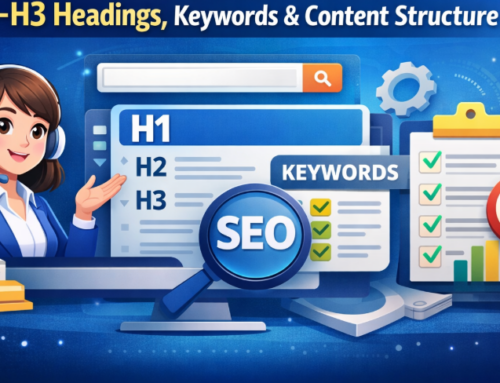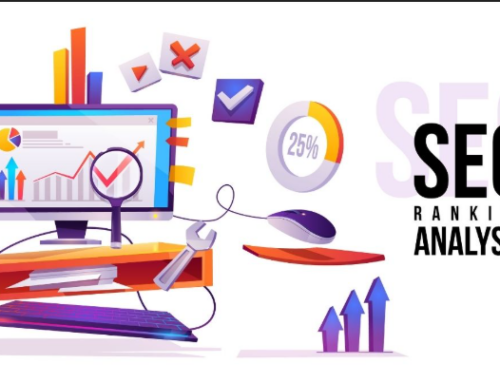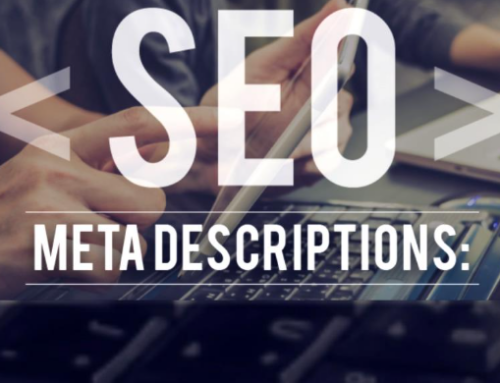The rise of AI text generators is making a big splash in the job market. These tools, using advanced machine learning algorithms, can create human-like text from simple prompts. They’re becoming more popular in many areas, like content creation and customer service. But what does this mean for the future of work? Let’s look at how AI text generators are affecting jobs, the new opportunities they might bring, and how people and organizations can get ready for these changes. Generative AI and jobs is a topic gaining significant attention as these technologies continue to evolve.
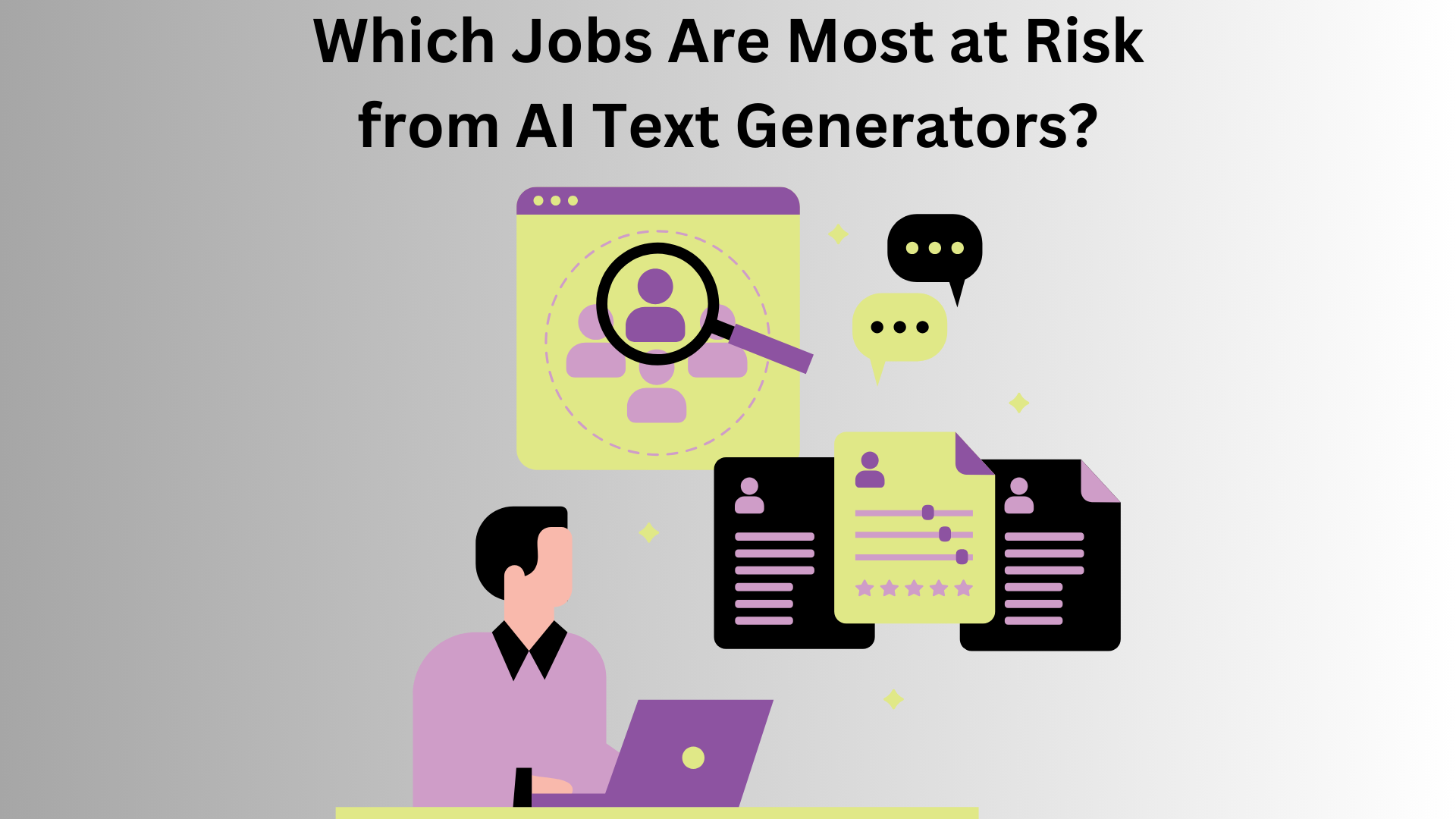
Which Jobs are Most Likely to be Automated or Significantly Impacted by AI Text Generators?
AI text generators are incredibly versatile, which means they can affect a wide range of jobs. Some roles are more vulnerable to automation than others. Here are a few examples:
- Content Writers and Copywriters: With AI text generators able to produce articles, blog posts, and marketing copy, the demand for human writers might decrease.
- Customer Service Representatives: Chatbots powered by AI can handle customer queries efficiently, reducing the need for large customer support teams.
- Translators: AI-powered translation tools are improving rapidly, which could impact jobs in the translation industry.
Here is what Tanzeel Zahra, a real estate writer with over 10 years of experience, says about this: “Establishing a content structure is mostly done by AI. I recently had a client who declined my proposal and decided to start with Chatgpt. So they are going to establish an SEO structure and the initial content (rehashed from the web) before working with a copywriter. Thanks job of a copywriter is now finding expert insights and adding new angles to an existing article.”
Richard Dalder, Business Development Manager for Tradervue, shares his view: “As AI technology, including text generators, becomes more advanced, certain jobs are more likely to be automated or significantly impacted. Roles that involve repetitive tasks or data analysis, such as data entry, customer service, and even some aspects of legal and financial analysis, are at high risk of automation. Content creation jobs, including basic copywriting and journalism, might also see significant changes as AI-generated content becomes more sophisticated.”
What New Career Opportunities Might Emerge as AI Becomes More Integrated into the Workplace?
While AI might automate certain jobs, it also opens up new career opportunities. Here are some emerging fields:
- AI Maintenance and Development: As AI tools become more common, there will be a growing need for professionals to develop, maintain, and improve these systems.
- AI Ethics and Policy Making: With AI’s increasing influence, there’s a need for experts who can address ethical concerns and create policies to ensure AI is used responsibly.
- Human-AI Collaboration Roles: Jobs that involve working alongside AI tools to enhance productivity, such as AI-assisted research or content creation, will become more prevalent.
Tanzeel Zahra believes that “AI content editing is emerging already. New career opportunities exist for more creative people. Think of journalists. You got to find pain-points directly from people. Sometimes those things are not even searched on Google. It’s like learning to use excel sheets without having to do all the manual calculations. The role of a traditional bookkeeper has evolved into accountants: I am expecting a similar transition for all those affected by AI.”
Richard Dalder points out that “However, the rise of AI will also create new career opportunities. There will be an increasing demand for AI specialists who can develop, maintain, and improve AI systems. Roles in AI ethics, data science, and machine learning will become more prominent. Additionally, careers that require a human touch—such as those in healthcare, creative industries, and complex problem-solving—will continue to thrive. Positions that focus on the integration of AI into business processes, such as AI strategy consultants and AI implementation specialists, will also emerge.”
How can individuals and organizations prepare for the changing landscape of work in the age of AI?
Preparing for this change involves upskilling and adapting to new technologies. Individuals should focus on developing skills that AI can’t easily replicate, such as critical thinking, creativity, and interpersonal communication. Online courses and workshops can be valuable resources for learning these skills.
Organizations, on the other hand, should invest in AI training programs for their employees and foster a culture of continuous learning. They should also focus on ethical AI usage and ensure transparency in their AI practices.
According to Tanzeel Zahra, “Try the AI. Use every new product out there so you can understand both the limitations and the possibilities. I do that myself and it helps improve my writing. It’s a challenge. I need to write better than an AI writing software.”
Richard Dalder suggests that “To prepare for this changing landscape, individuals should focus on developing skills that complement AI, such as critical thinking, creativity, and emotional intelligence. Continuous learning and adaptability will be key, as well as staying informed about AI advancements and understanding how they can be leveraged within one’s industry. Organizations should invest in upskilling their workforce and fostering a culture of innovation. Encouraging collaboration between human employees and AI can enhance productivity and drive business growth.
Brilliant minds like Geoffrey Hinton have expressed concerns about the impact of AI on the job market. By proactively addressing these changes, individuals and organizations can not only mitigate potential negative effects but also harness the power of AI to create new opportunities and drive progress in the workforce.”
Impact of Generative AI on Occupations
AI is transforming how we work, with generative AI and jobs playing a major role in this change. The labor market is evolving due to AI systems, creating both opportunities and challenges for workers. While AI can automate many tasks, potentially leading to job losses, it also opens up new roles and job descriptions. To stay relevant, workers need to acquire new skills suited for an AI-driven world. Organizations like the International Labour Organization emphasize the need for training and education to prepare for these shifts. As generative AI and jobs become more prevalent, understanding their impact on the nature of work is essential.
Jobs at Risk
Generative AI and the future of work are closely linked, and the impact of generative AI on jobs is significant. McKinsey reports that AI systems and machine learning technologies might displace millions of jobs globally. The labor market is already seeing changes, with some tasks being automated, especially those that are repetitive and routine. Generative AI and jobs are intertwined, as this technology can both eliminate and create opportunities. According to the Bureau of Labor Statistics, many roles traditionally done by humans could be taken over by generative AI tools. While job losses are a concern, generative AI also has the potential to create new job descriptions and roles. AI research suggests that new jobs, such as prompt engineers, will emerge, requiring entirely new skills.
Creative Industries: A New Frontier or Threat?
Generative AI applications are making waves in creative industries, transforming how art is produced and consumed. AI has the potential to both enhance and disrupt this sector. On one hand, AI tools can assist artists in generating new ideas and creating art, opening up a new frontier. On the other hand, there is a fear that AI might replace human creativity, posing a threat to traditional artistic jobs. Generative AI and jobs are closely related in this context, as the technology could lead to shifts in employment within the creative field. As the International Labour Organization discusses the future of work, it becomes clear that while some creative roles may be affected by generative AI, others will evolve, requiring artists to adapt and learn new skills.
The Impact of AI Automation on Blue-Collar Jobs
Blue-collar jobs are also significantly impacted by AI automation. Tasks in manufacturing, logistics, and construction are increasingly performed by AI-driven machines and robots. This trend raises concerns about job losses, but it also highlights the need for workers to acquire new skills to manage and work alongside these AI systems. Generative AI and jobs are interlinked in this context, as the technology could both displace traditional roles and create new opportunities for workers. As AI continues to evolve, the nature of blue-collar work may shift towards more supervisory and maintenance roles, where human oversight remains crucial.
White-Collar Workers
White-collar workers are also affected by the impact of Artificial Intelligence on jobs. Generative AI systems can automate tasks like data analysis, creating reports, and even making decisions. This shift means some roles might disappear, but others could benefit from AI, letting workers focus more on strategic and creative tasks. Generative AI and jobs are connected in this scenario, as the technology could both replace certain functions and enhance others. The future of work for white-collar employees might involve a mix of AI efficiencies and human oversight, making it essential for workers to understand and leverage AI tools.
The Rise of New Job Roles
Despite the challenges, the rise of AI-driven opportunities cannot be overlooked. The potential of generative AI to create new jobs is significant. Roles such as AI specialists, data scientists, and prompt engineers are becoming more common. Generative AI and jobs are intertwined here, as these new job descriptions highlight the need for skills in AI research, machine learning, and generative AI applications. As industries continue to integrate AI, workers will need to adapt, learn new skills, and embrace the future of work shaped by generative AI.
Challenges and Opportunities
Generative AI is causing a major disruption in different fields, impacting various work activities and changing how jobs are structured. Analysis shows that AI is going to affect a wide mix of jobs, with millions of jobs being influenced as these technologies evolve. Generative AI and jobs are closely connected, as these technologies reshape employment by causing some jobs to fade away while creating new ones. For example, traditional roles like those of construction workers might see significant changes. Tools like construction time tracking can help businesses manage workforce efficiency and adapt to evolving job demands. Despite this disruption, there are also chances to create new job roles across different sectors. With millions of workers needing to adapt, it’s important to focus on integrating AI in a way that helps people transition smoothly and ensures everyone benefits from these advancements.
The Skills Gap
Generative AI is significantly altering the job market, leading to a noticeable skills gap that must be addressed. As AI and machine learning advance, they cause job displacement in some areas while also opening up new opportunities. According to McKinsey analysis, AI is likely to create a blend of job changes, where some positions may vanish, and new roles will appear. Generative AI and jobs are intertwined here, as this technology transforms how we work. It also highlights the need for workers to develop new skills to stay relevant. Bridging this gap will depend on improving education and creating effective training programs to help people adapt to the changes.
Reskilling and Upskilling: A Necessity
As generative AI systems become more common, reskilling and upskilling the workforce is crucial. Many lower-wage jobs and traditional production work are at risk of displacement due to AI’s impact. However, generative AI and jobs are connected in that AI solutions can also create new roles requiring different skills. Programs focused on reskilling and upskilling can help workers transition into jobs of the future. AI is expected to add jobs through 2030, but workers will need to adapt to these new roles by gaining proficiency in using AI technologies.
Ethical Considerations
We can’t overlook the ethical concerns surrounding AI and job displacement. Generative AI’s capability to automate tasks brings up important questions about the future of lower-wage jobs and the risk of growing inequality. As generative artificial intelligence evolves, it’s crucial to think about how it will affect workers and make sure its benefits are shared fairly. If managed thoughtfully, the introduction of generative AI can lead to more equitable opportunities for everyone.
Government’s Role, Regulation and Support
Governments have an important role in managing the impact of AI. Policies like the Chips and Science Act in the U.S. aim to encourage innovation while addressing job displacement. It’s crucial for governments to put in place regulations that highlight AI’s positive aspects while protecting workers from negative effects. Supportive measures, such as funding for training and education, are necessary to help workers adapt to new job roles.
Education and Training
To prepare the workforce for the future, we need to focus on education and training. As AI changes various industries, education systems must adapt to provide students with the skills needed for the required occupation that involve fewer traditional production tasks and more AI-driven roles. With the rise of remote work and new technologies, continuous learning will be important. Generative AI can be used to improve education by offering personalized learning experiences, ensuring individuals are ready for the jobs of the future.
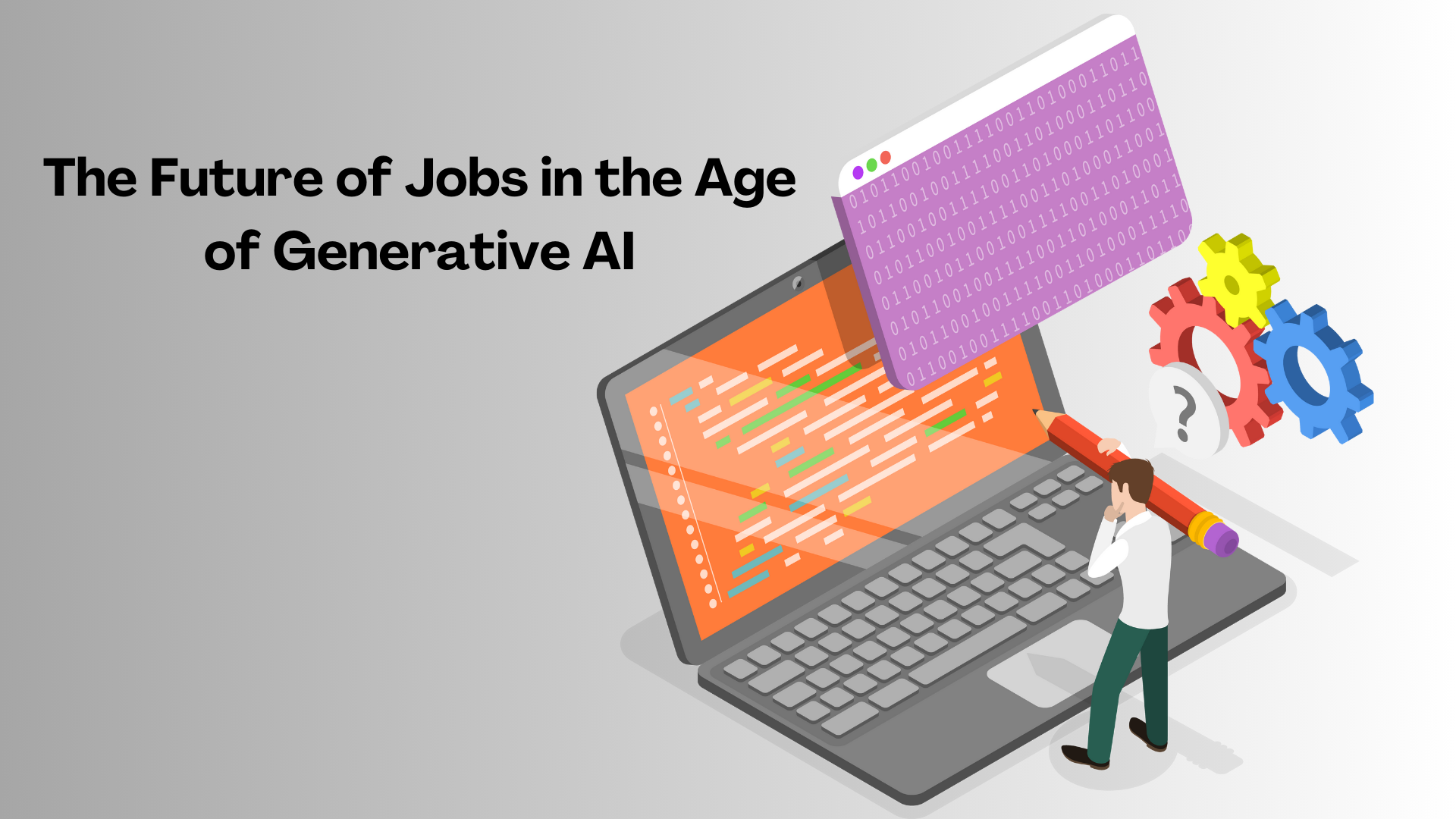
Exploring the Future Outlook of Generative AI and Jobs
With the rapid advancement of AI, the Science Act is putting additional funding into various sectors to support this transition. This includes bolstering education and training for tech workers across every industry, particularly those with technical and STEM skills. As AI integrates into more fields, there will be an increased need for healthcare workers, software development professionals, and care workers. Generative AI and jobs are connected here, as AI’s advanced natural language capabilities are enhancing tasks like creating marketing content and strategies and improving customer service via chatbots. Additionally, funding is being directed towards sectors like semiconductor manufacturing to ensure we have the necessary infrastructure to support these advancements (for example, in accelerator cards). This comprehensive support aims to help workers adapt to new roles and thrive in a tech-driven future.
Coexistence of Humans and Artificial Intelligence
As we look ahead, the future of work will likely involve a close partnership between humans and AI. Generative AI has the potential to create entirely new job roles, and it’s exciting to see generative AI being used in various fields. For example, AI technologies can handle repetitive clerical work, allowing people to focus on more complex tasks. With technological advancements, we might see AI taking over some tasks, but this also means there will be new opportunities to explore. It’s important to focus on the ethical use of AI and ensure that these changes benefit everyone. Workers will need to learn new skills to stay relevant and adapt to this evolving landscape.
AI as a Job Creator in Labor Market
Generative AI is not just about replacing jobs; it also has the potential to increase employment in new areas. As AI technologies advance, they can create job roles in fields like e-commerce and remote work. Although there is a high risk of automation affecting certain positions, such as those in clerical work or construction, AI also opens up opportunities for jobs that we haven’t imagined yet. With millions of workers needing to adapt, generative AI can drive growth in new industries and help shape the future of employment.
A Balanced Perspective
Navigating the AI revolution means finding a balance between embracing new technologies and addressing their challenges. While AI and automation are changing how we work, they also open up opportunities for more creative and rewarding jobs. It’s important to focus on using AI ethically and preparing people for these changes. By learning new skills and adapting to AI technologies, we can make sure that humans and AI can work together smoothly. The future will probably involve a mix of AI-driven tasks and human creativity, creating a more exciting and collaborative work environment for everyone.
